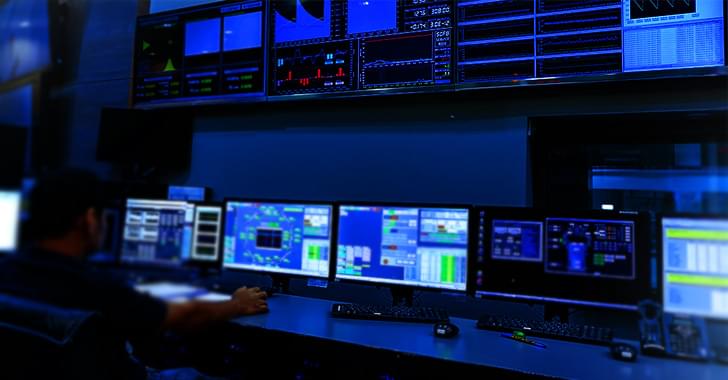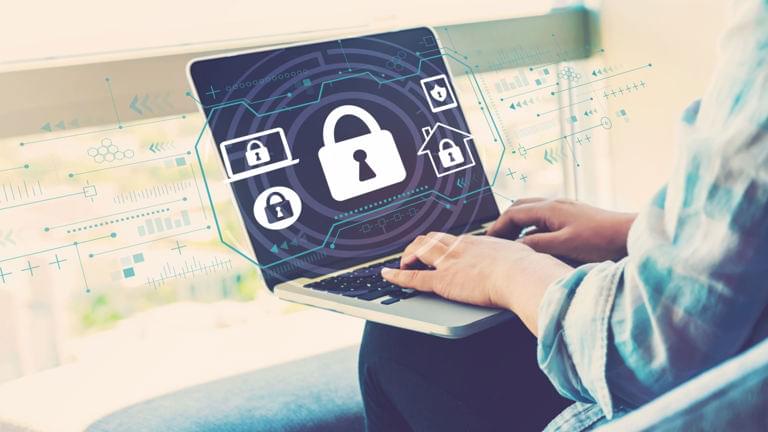SAN FRANCISCO — Two weeks after closing a $44 billion deal to buy Twitter, Elon Musk painted a bleak financial picture for the social media company and outlined a series of changes for employees in his first companywide emails to staff.
In two emails sent to workers late on Wednesday, Mr. Musk said the economy was challenging. He added that he planned to end Twitter’s remote work policy and wanted employees to renew their focus on generating revenue and fighting spam.
“Sorry that this is my first email to the company, but there is no way to sugarcoat the message,” Mr. Musk, 51, wrote in one email. “The economic picture ahead is dire.” Twitter was too heavily dependent on advertising and vulnerable to pullbacks in brand spending, he added, and would need to bolster the revenue it gets from subscriptions.






